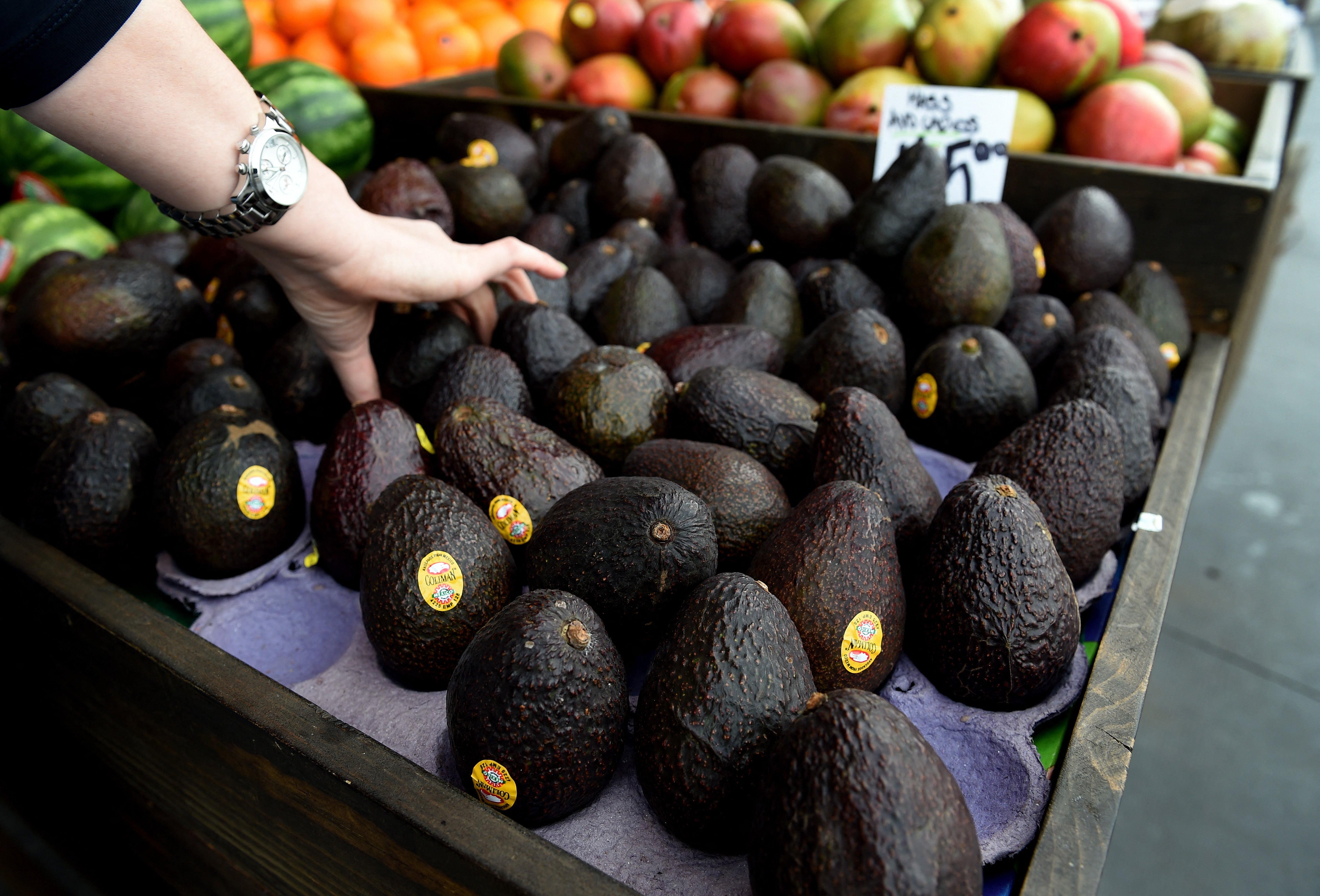Eating one avocado a day might be the key to a better night’s sleep.
Adults who included the fruit — and yes, it’s a fruit — in their daily diet over the course of just six months reported better quality sleep compared to people who consumed fewer than two avocados each month, researchers said.
“Sleep is emerging as a key lifestyle factor in heart health, and this study invites us to consider how nutrition — and foods like avocado — can play a role in improving it,” Dr. Kristina Petersen, an associate professor of nutritional sciences at Penn State University, explained.
The recent findings on sleep were tied to avocado’s beneficial nutrients including tryptophan, folate, and magnesium. An essential mineral, magnesium is involved in muscle contraction and relaxation. Tryptophan and folate are involved in producing melatonin, the hormone that regulates our sleep cycles.
These conclusions were drawn following an assessment of 969 U.S. adults who had what is considered a larger waistline — 35 inches or more in women and 40 inches or more in men.

The study was supported by the Avocado Nutrition Center, although the agency had no role in data collection, analysis, or interpretation. The researchers had initially intended to focus on heart health alone, before participants reported sleep-related benefits.
“This was a cardiovascular health trial, making the sleep benefits more credible since they emerged as unexpected secondary findings in a well-designed randomized controlled trial,” Dr. John Saito, a spokesperson for the American Academy of Sleep Medicine and pulmonologist at Children’s Hospital of Orange County, told Verywell this week.
Eating avocados daily was also associated with a better diet and lower cholesterol levels, the researchers reported, building on similar research from 2022.
Studies have previously found that disrupted sleep is linked to high levels of cholesterol: the waxy, fat-like substance that can lead to heart attack and stroke. Improved heart health can help people to get better sleep, and getting enough sleep can also improve heart health and slash the risk of disease, according to the Centers for Disease Control and Prevention.
Avocado’s healthy fat and fiber contributed to positive cardiovascular impacts. The healthy fat can also help to reduce cholesterol levels, and lower the risk for potentially life-threatening cardiac events. The fiber is tied to a healthy gut and reduced risk of death from any cause. Adults should consume at least 25 grams of fiber each day, according to Harvard Medical School.

Of course, healthy fat is still fat, and avocados are packed with both nutrients and calories. An entire large avocado can add upward of 400 calories to your daily diet, the Cleveland Clinic says.
But, the fruits are still considered to be healthy when consumed in moderation like being added to a morning smoothie or a salad at lunch. Half an avocado has more potassium than a banana, the Harvard T.H. Chan School of Public Health said. Humans need potassium to help fend off high blood pressure, which can result in kidney disease, eye damage, coronary artery disease, and other complications, if it’s left untreated.
While the findings of the new study cannot be generalized to all populations, Petersen noted that heart health is influenced by many factors, such as fitness and genetics.
“This is an encouraging step in expanding the science around avocados and the potential benefits of consumption,” she said.




-Mozilla-Firefox.png?trim=0,151,0,0&width=1200&height=800&crop=1200:800)